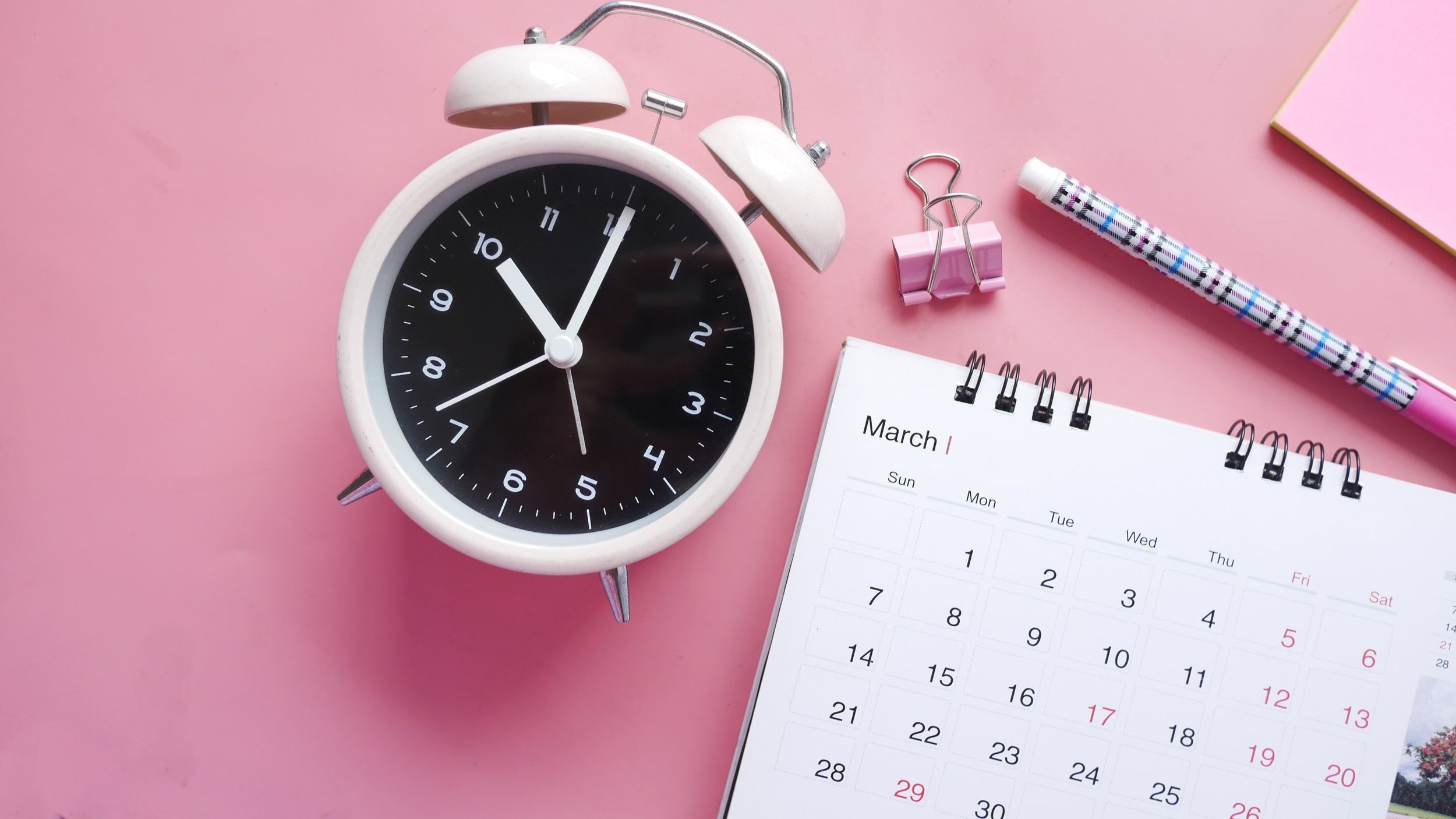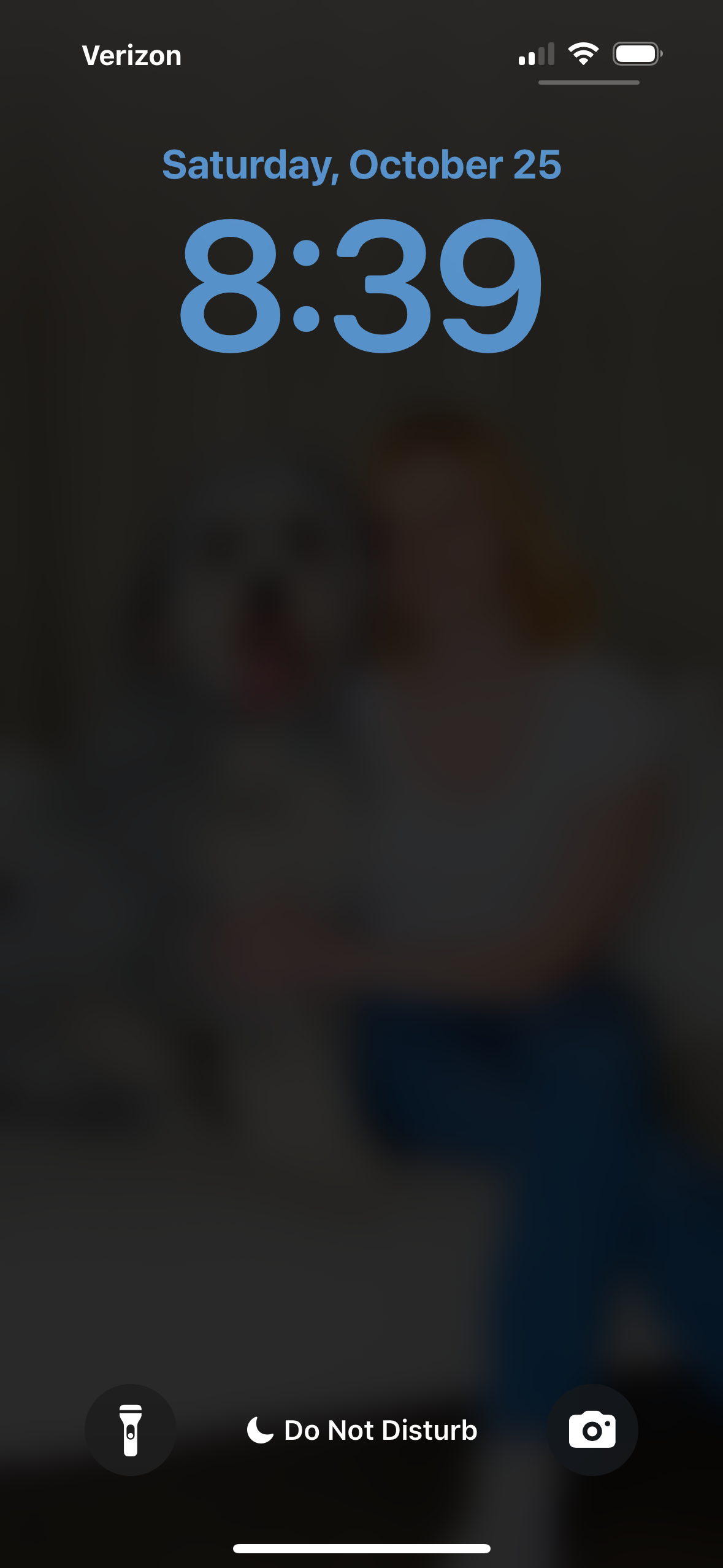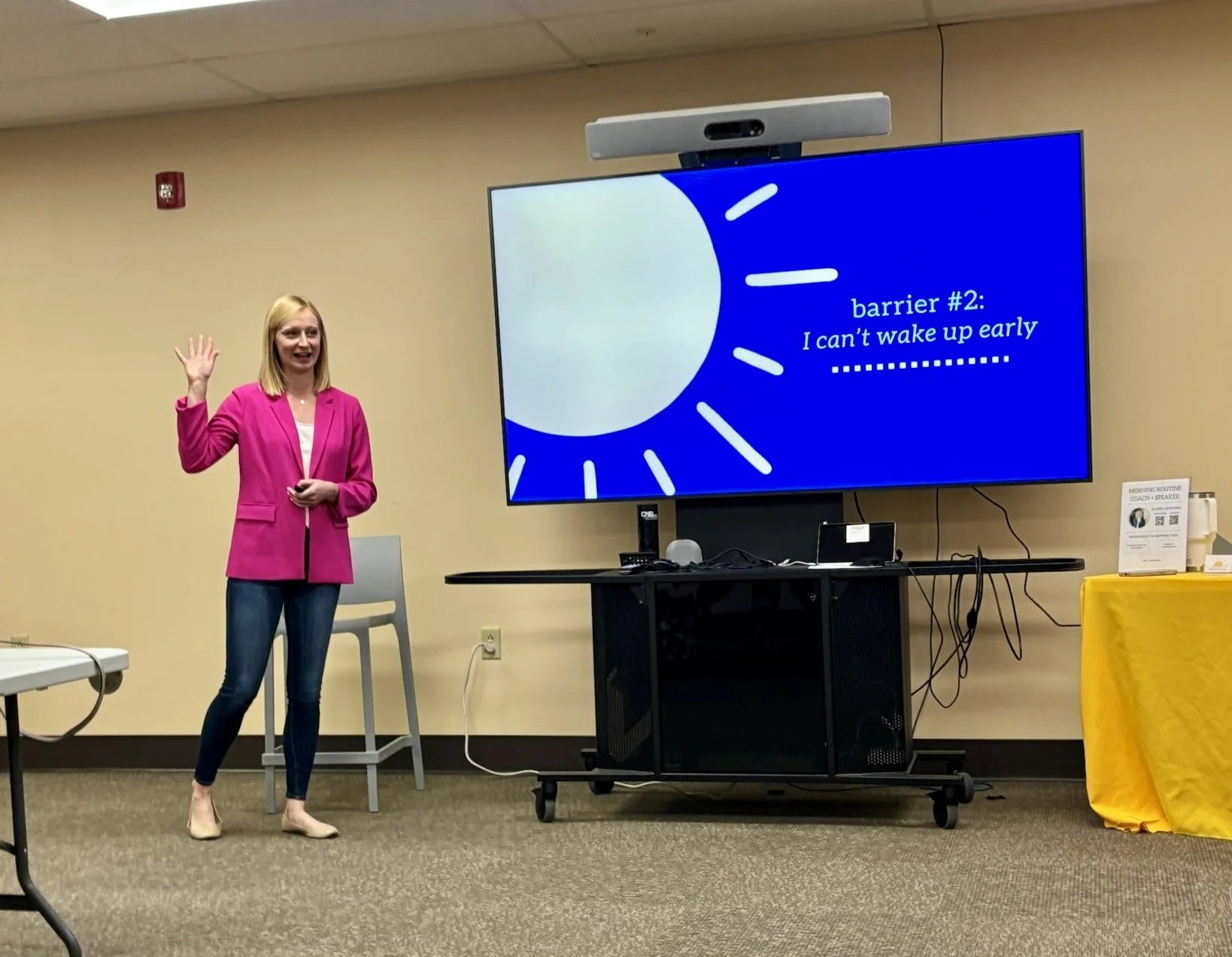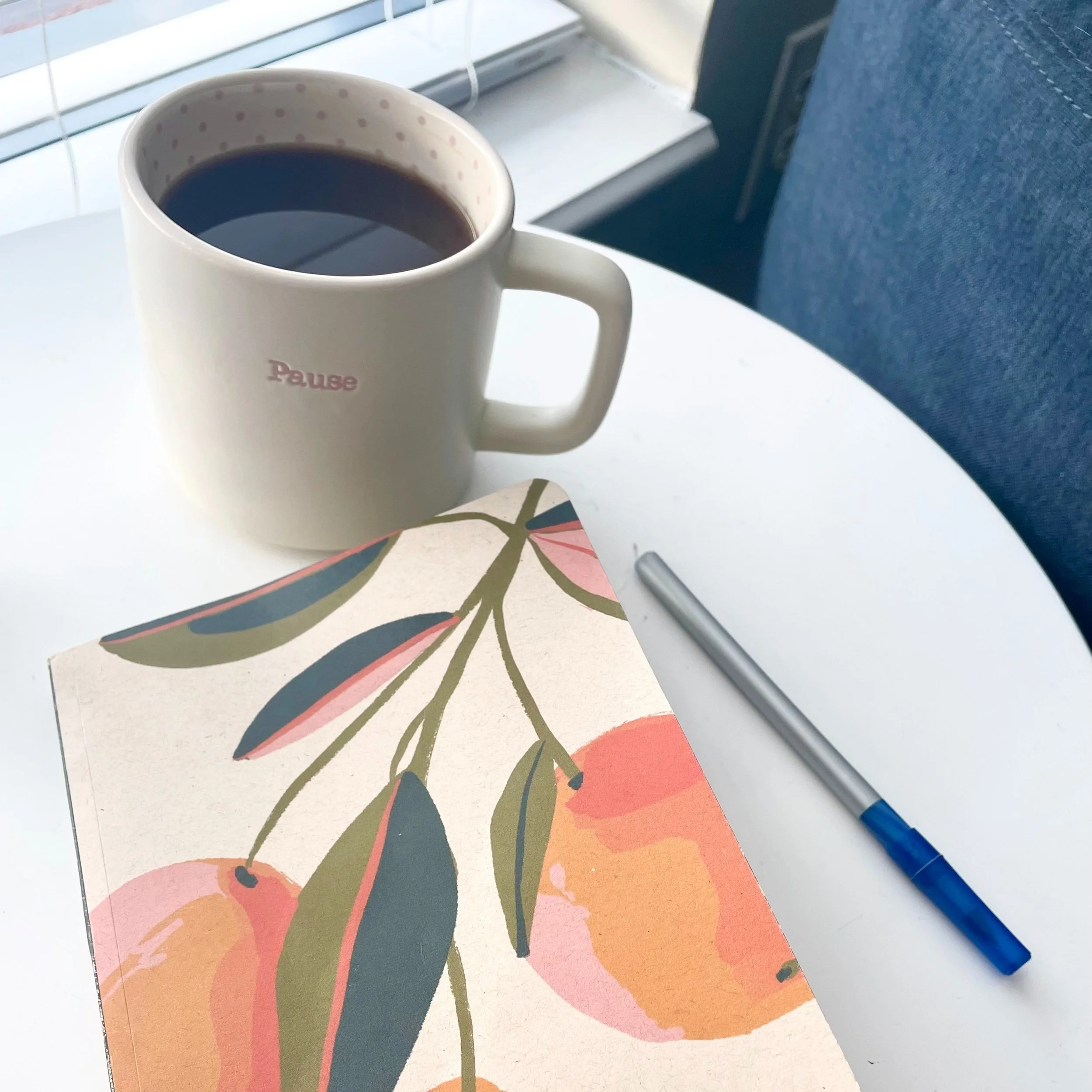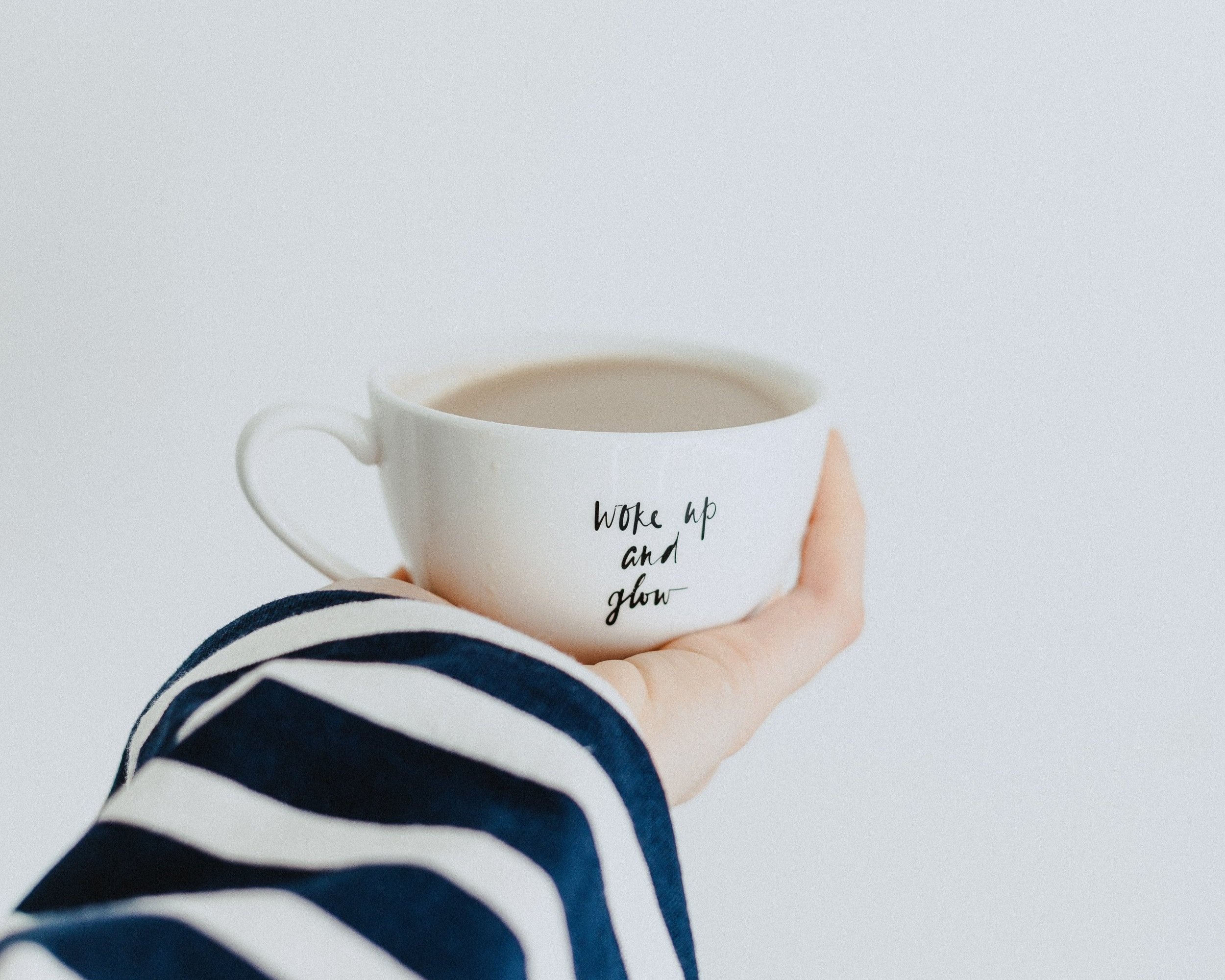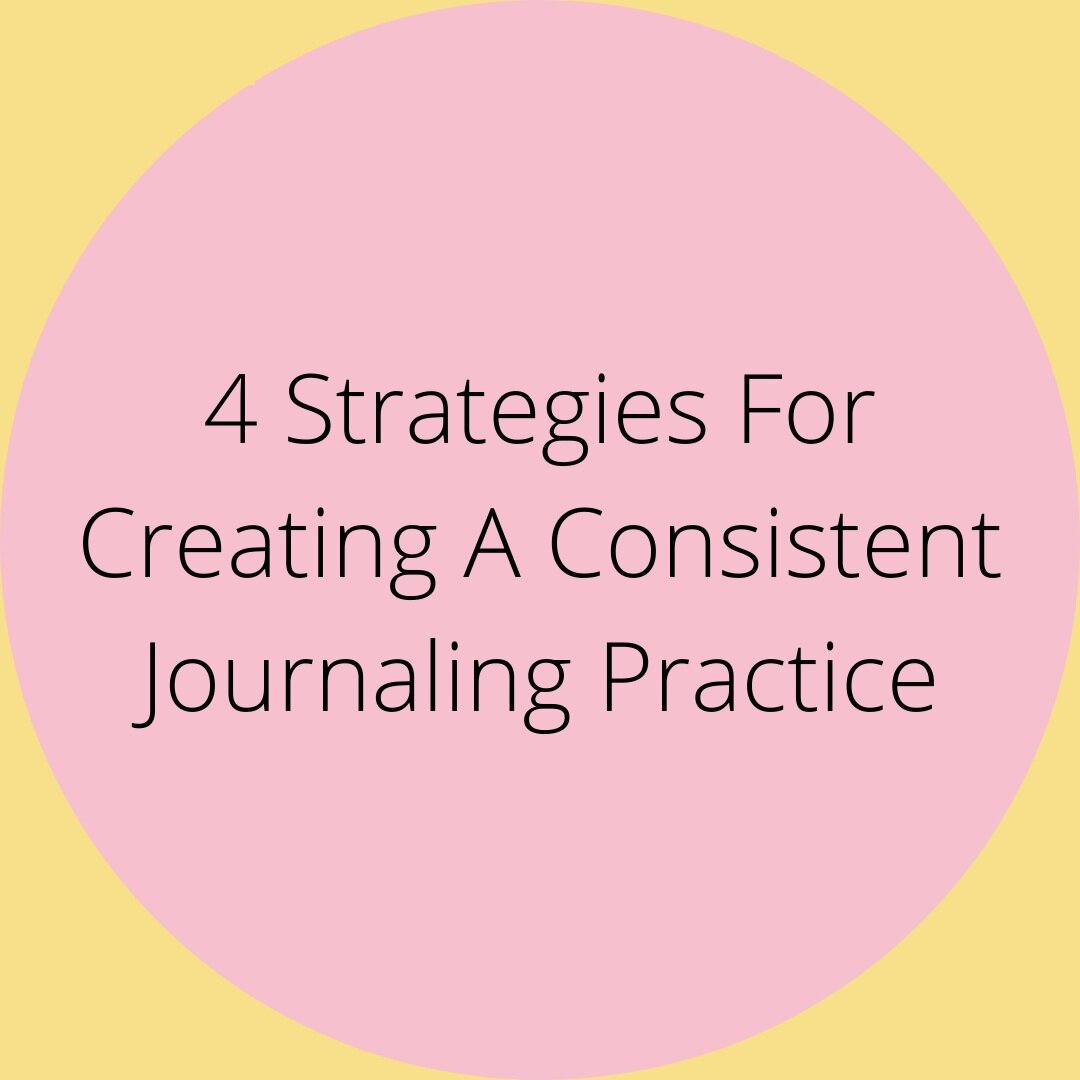I recently watched the documentary The Game Changers on Netflix.
It is about how switching to a plant-based diet significantly increased athletes’ performance. They interviewed cyclists, runners, ultimate fighters, weight-lifters, football players, and many more, both men and women.
The film also talked about the benefits athletes and non-athletes could get from eating plant-based foods like thinner blood to reduce blood clots, feeling better, having more energy, etc.
They used the term “plant-based'' throughout the entire film, and I wondered why they didn’t just say vegan.
After some research, I found out a plant-based diet is eating mostly food that comes from plants, whereas a vegan is someone who strictly does not eat any animal products. It was a testament that you can learn new things from watching Netflix. And if you haven’t watched the documentary, I highly recommend it.
As someone who is curious about wellness and experiments with different methods to improve my life, switching to vegetarian, vegan, or plant-based diets are things I haven’t tried.
I’ve kind of beaten myself up for not trying a different diet to be honest, and watching this film convinced me even more that it is something I should be doing since there are so many health benefits.
I feel this pressure. I feel this pressure to do anything and everything to improve my overall health because this is something I care about.
But there is pressure to do a lot of things.
Do the right exercise, eat the right thing, do the best skincare routine, drink enough water, take these supplements, do this therapy, meditate, journal, and the list goes on and on.
It can feel like if I’m not doing everything, then I’m doing nothing.
Of course that is not true, but the self-inflicted pressure tells me so, and not to mention social media or businesses that market their products.
Maybe the pressure is even made up in our heads.
I remember during my yoga teacher training, we were having a potluck and everyone was saying what they would be bringing. A lot of people were bringing vegan this, gluten free that, and zero-sugar dessert.
I started to worry that I did not fit in with this group and never would because I didn’t follow any of these things.
When we got to the potluck, we came to find out that maybe 1 person in the room was vegan.
People started speaking up and said they just assumed since we were operating in this yoga world, that everyone ate these diets. We were succumbing to the stereotype that being interested in yoga also means that you’re vegan, even though many of us didn’t fit that mold.
This showed me that even yogis, who I, and maybe some of you do too, view as some of the healthiest people, aren’t doing every single healthy thing.
Watching this film and having these experiences has made me think about that with all the health and lifestyle changes I’ve made in my life, why hasn’t going vegan made it into the mix?
I think there are 3 reasons.
I need a strong interest that stands out amongst the noise.
I make time to workout because it is something that makes me feel really good and strong.
I make time to journal in the morning because it starts my day with a good mindset.
I’m also thinking about the amount of sleep I’m getting, how much water I’m drinking, balancing my stress level, along with many other things
Going vegan is not something that has risen above my other interests at this time.
Doesn’t mean I don’t care about my health, but I try to remember I’m contributing to it in other ways.
Also doesn’t mean veganism could never be a way.
It takes the time and energy to understand what veganism looks like for me, the willingness to try it, and see the effects it has.
I integrated working out and journaling into my life by taking very small steps.
If going vegan is something I became really interested in, I could take the small steps to make it happen.
We are also trying to take care of our mental health here people, and if we don’t have the mental capacity to take on lifestyle changes at this time, then are they truly making us healthier?
I need the perspective of abundance and not restriction.
For a long time I’ve viewed having a certain diet as restricting myself from certain foods.
In my experience, having a restriction mindset over an abundance mindset has not driven me to make certain health and lifestyle changes.
“Don’t eat sugar” has not helped me not eat sugar.
“Don’t be on your phone so much” has not helped me not be on my phone.
Those mindsets may have lasted for a day, but they weren’t sustainable.
The times I saw actual change were when I saw what the health or lifestyle choice could do for me, and not what it was keeping me from.
When it comes to going vegan, I would need the perspective that “I get to eat foods that are really going to help my body” instead of “I have to restrict myself from eating all these other foods.”
I need an environment that supports the lifestyle (or the ability to overcome the environment).
When I was watching this documentary, I continually wondered how people who eat a plant-based diet balance the aspect of social eating?
This is probably one of the biggest reasons I haven’t switched to a diet other than the one that I’m on. I am a social eater that wants to eat what is served at social events.
I know that there are now plenty of vegetarian and vegan options out there at restaurants and grocery stores.
However, currently no one I spend time with is vegetarian or vegan, so I’m concerned I would be a burden to them if I am. Although, that could be something I’ve convinced myself of and could not be true.
I think about that with dating too. Can you date someone that had a different diet than you? Some people could, some probably could not.
This is when your “why” of doing things truly gets tested. When you’re in an environment that is the opposite of the lifestyle you’re trying to live.
Although I know it is possible to make changes and sustain change on your own, it convinces me that being in an environment that supports your lifestyle would make you much more likely to sustain it.
So will I ever try being vegetarian, vegan, or plant-based? Maybe someday. There are other health and lifestyle choices I have more of an interest in at this time.
I like to think that if I’m doing what I can to stay healthy, then that is better than doing nothing at all.
There is always going to be the “next healthy thing” to do, but I think staying open to taking the small, manageable steps to being healthy can make a big difference.
Is there an aspect of health you’ve felt pressure to integrate into your life? Let me know in the comments.







